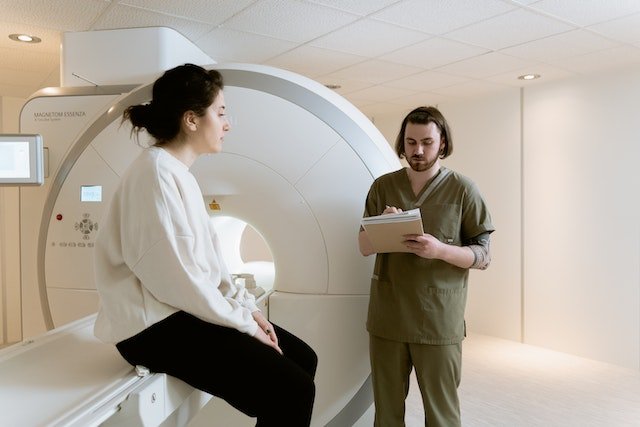Medical imaging has meant that healthcare has changed for the better. Now, professionals can look much deeper into the human body than ever before without having to carry out any invasive procedures. One of the techniques that allows this to happen is magnetic resonance imaging, more usually known as MRI. This is a popular way for medical professionals to understand any issues within the body because it can give detailed images without any need for surgery. Read on to find out why you might need to get an MRI and how it can help you.
1. To See The Brain And Spinal Cord
An MRI can play a big role in allowing doctors to truly evaluate any issues with the brain and spinal cord. It will help to identify the causes of larger issues such as strokes, tumors, multiple sclerosis (MS), and spinal cord injuries in general.
The MRI can generate a highly detailed image of the central nervous system, and in this way, it can provide a valuable insight that will mean diagnosis, treatment planning, and the ability to monitor disease progression becomes a lot easier. Your prognosis will be better as a result. What’s really great these days is that you don’t have to wait to be sent for an MRI; you can arrange one yourself if you feel you need one with experts like Express MRI.
2. Diagnosing Musculoskeletal Injuries
An MRI can help to diagnose injuries that affect the bones, joints, tendons, ligaments, and muscles. Although many of these conditions are quite common, and therefore there are other ways to spot them, the most accurate way to see if there are torn ligaments, ACL tears, meniscus tears, herniated discs, and rotator cuff injuries (to name just a few of the issues involved), an MRI will give the best and clearest picture.
When things can be seen more clearly, this allows specialists to work out the exact form of treatment required. The MRI will give precise information that can’t be seen in any other way, and when treatment is more precise, recovery will be quicker.
3. Detecting Abdominal And Pelvic Disorders
MRI scans are invaluable tools for investigating various abdominal and pelvic disorders. They can help spot things like tumors, cysts, inflammatory bowel disorder (IBD), endometriosis, and even prostate cancer.
If there is the chance to see any of these things as early and easily as possible, it’s wise to take that opportunity because the earlier something is diagnosed, the more efficient and positive treatment can be.
4. Identifying Heart Conditions
Heart conditions can affect anyone, and although some people will be more at risk than others (smokers, those who have a more sedentary life, those with a poor diet, for example) if you feel that your heart is struggling, you have shortness of breath, or you have chest pain, a visit to the emergency room is crucial. You might then be given an MRI to detect any issues with the heart.
MRIs offer a non-invasive and detailed examination of the heart either before a heart attack or after (to assess the damage), and healthcare professionals can organize the right treatment as a result of what they see.



